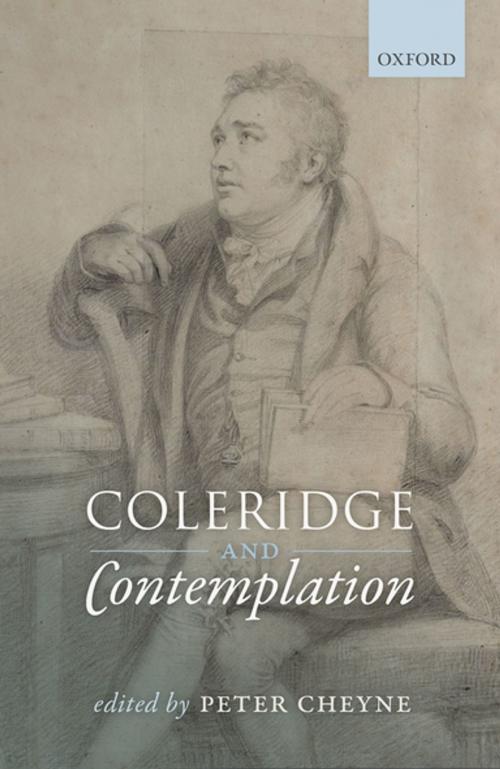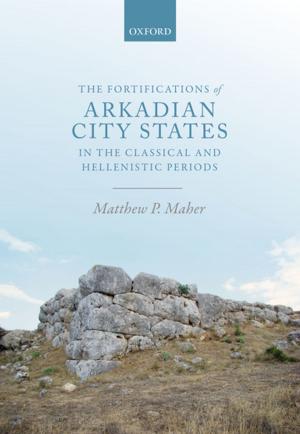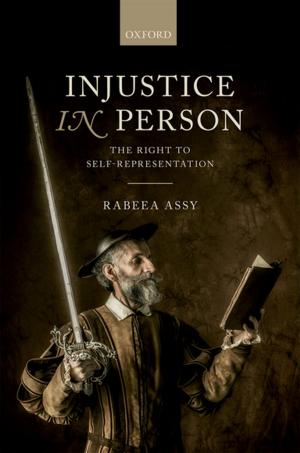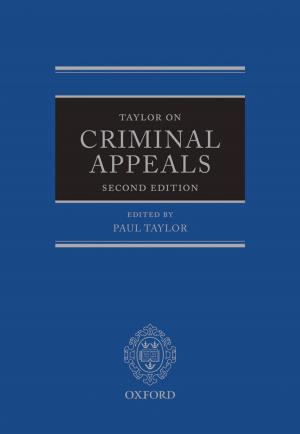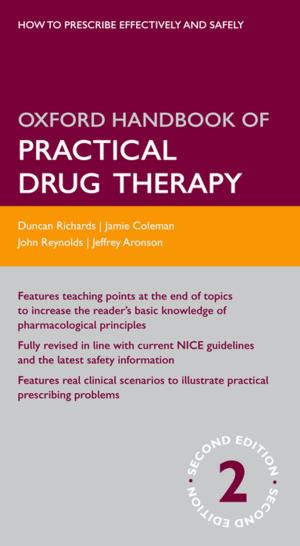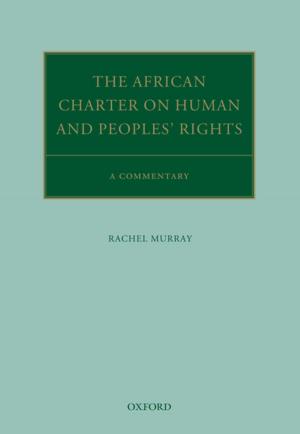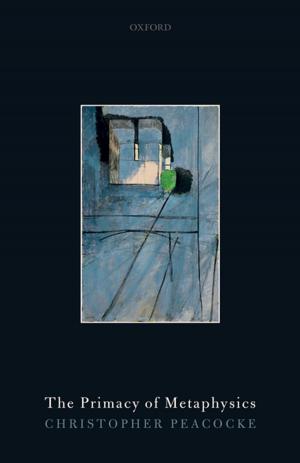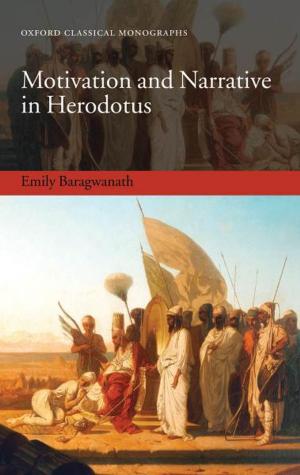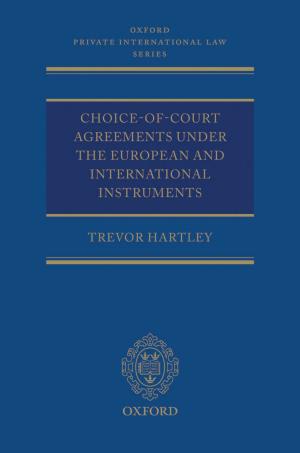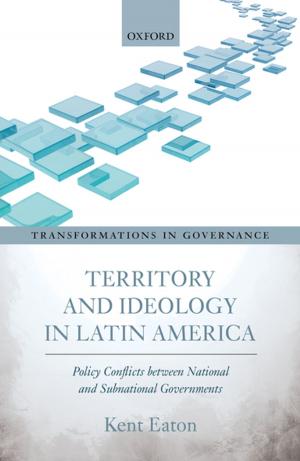Coleridge and Contemplation
Fiction & Literature, Essays & Letters, Essays, Literary Theory & Criticism, Nonfiction, Religion & Spirituality, Philosophy| Author: | ISBN: | 9780192520159 | |
| Publisher: | OUP Oxford | Publication: | August 4, 2017 |
| Imprint: | OUP Oxford | Language: | English |
| Author: | |
| ISBN: | 9780192520159 |
| Publisher: | OUP Oxford |
| Publication: | August 4, 2017 |
| Imprint: | OUP Oxford |
| Language: | English |
Coleridge and Contemplation is a multi-disciplinary volume on Samuel Taylor Coleridge, founding poet of British Romanticism, critic, and author of philosophical, political, and theological works. In his philosophical writings, Coleridge developed his thinking about the symbolizing imagination, a precursor to contemplation, into a theory of contemplation itself, which for him occurs in its purest form as a manifestation of 'Reason'. Coleridge is a particularly challenging figure because he was a thinker in process, and something of an omnimath, a Renaissance man of the Romantic era. The dynamic quality of his thinking, the 'dark fluxion' pursued but ultimately 'unfixable by thought', and his extensive range of interests make a philosophical yet also multi-disciplinary approach to Coleridge essential. This book is the first collection to feature philosophers and intellectual historians writing on Coleridge's philosophy. This volume opens up a neglected aspect of the work of Britain's greatest philosopher-poet — his analysis of contemplation, which he considered the highest of human mental powers. Philosophers including Roger Scruton, David E. Cooper, Michael McGhee, Andy Hamilton, and Peter Cheyne contribute original essays on the philosophical, literary, and political implications of Coleridge's views. The volume is edited and introduced by Peter Cheyne, and Baroness Mary Warnock contributes a foreword. The chapters by philosophers are supported by new developments in philosophically minded criticism from leading Coleridge scholars in English departments, including Jim Mays, Kathleen Wheeler, and James Engell. They approach Coleridge as an energetic yet contemplative thinker concerned with the intuition of ideas and the processes of cultivation in self and society. Other chapters, from intellectual historians and theologians, including Douglas Hedley clarify the historical background, and 'religious musings', of Coleridge's thought regarding contemplation.
Coleridge and Contemplation is a multi-disciplinary volume on Samuel Taylor Coleridge, founding poet of British Romanticism, critic, and author of philosophical, political, and theological works. In his philosophical writings, Coleridge developed his thinking about the symbolizing imagination, a precursor to contemplation, into a theory of contemplation itself, which for him occurs in its purest form as a manifestation of 'Reason'. Coleridge is a particularly challenging figure because he was a thinker in process, and something of an omnimath, a Renaissance man of the Romantic era. The dynamic quality of his thinking, the 'dark fluxion' pursued but ultimately 'unfixable by thought', and his extensive range of interests make a philosophical yet also multi-disciplinary approach to Coleridge essential. This book is the first collection to feature philosophers and intellectual historians writing on Coleridge's philosophy. This volume opens up a neglected aspect of the work of Britain's greatest philosopher-poet — his analysis of contemplation, which he considered the highest of human mental powers. Philosophers including Roger Scruton, David E. Cooper, Michael McGhee, Andy Hamilton, and Peter Cheyne contribute original essays on the philosophical, literary, and political implications of Coleridge's views. The volume is edited and introduced by Peter Cheyne, and Baroness Mary Warnock contributes a foreword. The chapters by philosophers are supported by new developments in philosophically minded criticism from leading Coleridge scholars in English departments, including Jim Mays, Kathleen Wheeler, and James Engell. They approach Coleridge as an energetic yet contemplative thinker concerned with the intuition of ideas and the processes of cultivation in self and society. Other chapters, from intellectual historians and theologians, including Douglas Hedley clarify the historical background, and 'religious musings', of Coleridge's thought regarding contemplation.
